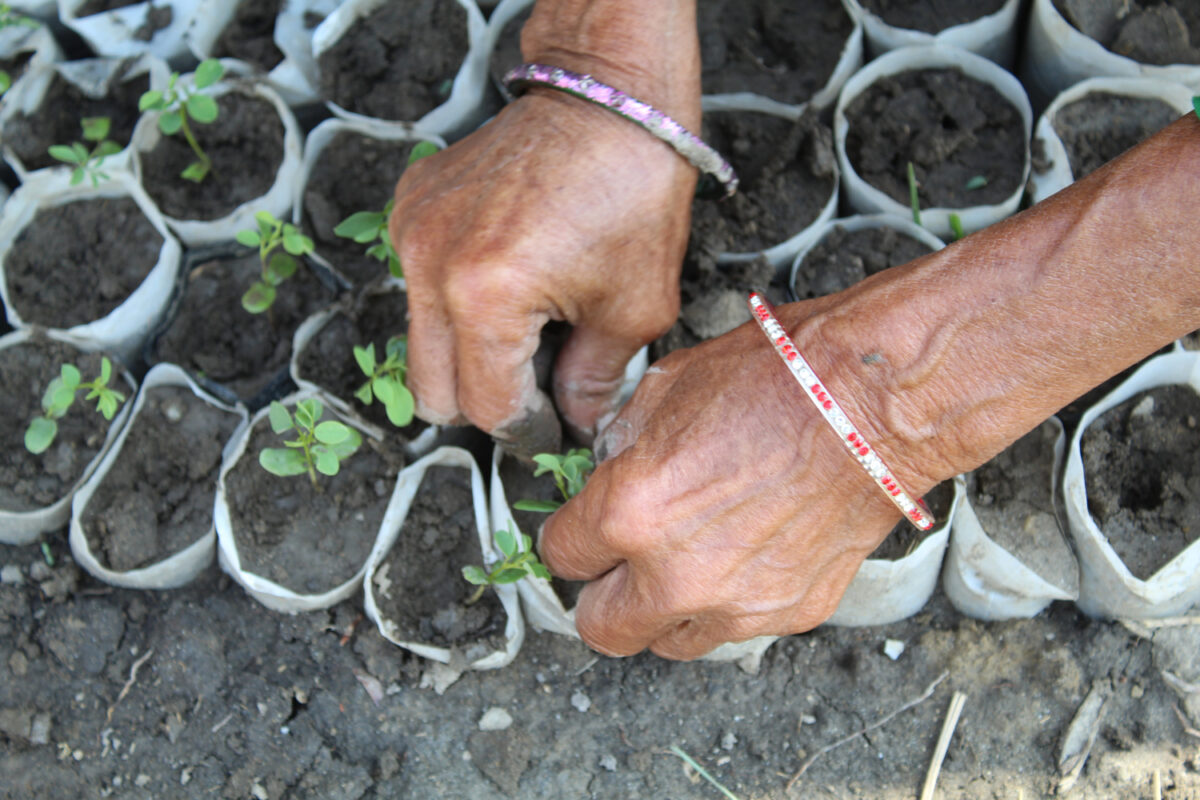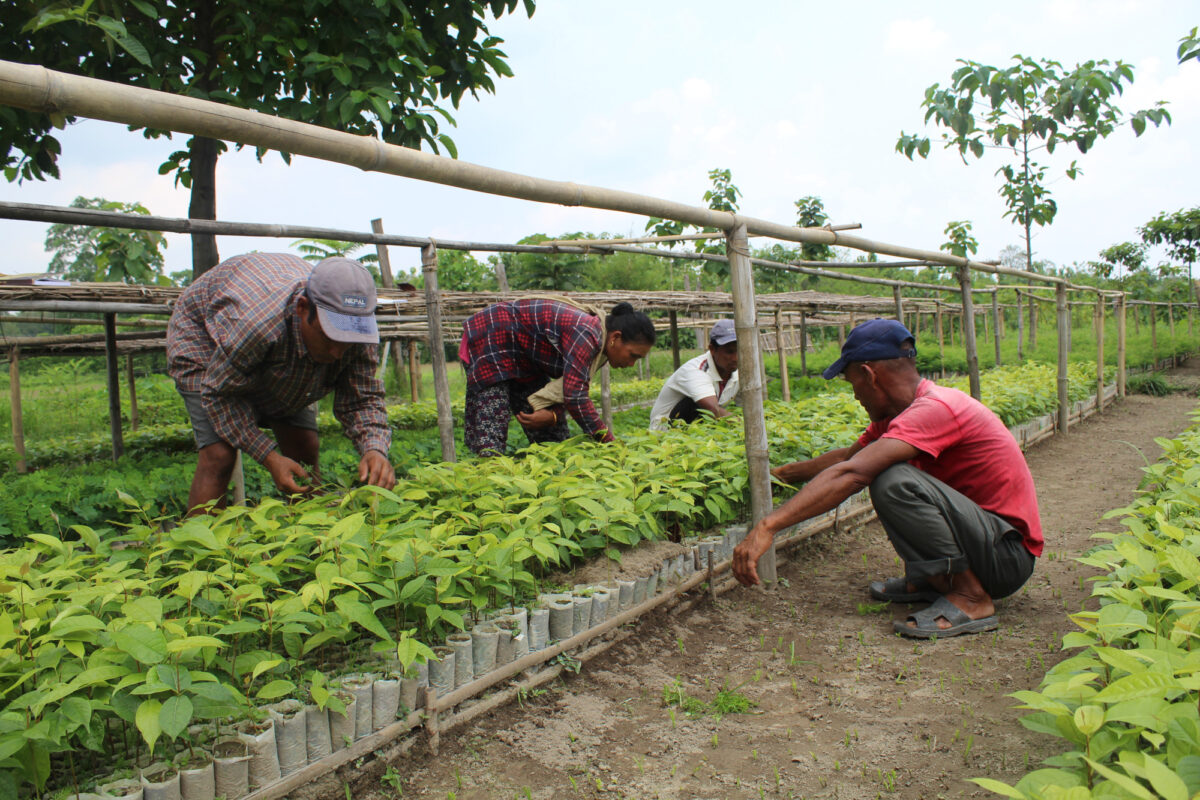Local Seed Collection



We promote indigenous tree species over exotic ones due to their adaptability to local conditions. We are actively collecting local seeds from native tree species, grass species, and other non-timber forest crops, such as Timur (Zanthoxylum armatum), sourced from mature and healthy trees.
Nepal is rich in forest resources, which contribute to short-term employment generation and ensure high seed quality. Over 44% of the total land area is covered by forests. However, we currently meet only a small fraction of our seed requirements from our own forests and are heavily reliant on imports from India, costing billions of rupees annually. Therefore, we are focusing on local seed collection to obtain high-quality seeds using local resources and to increase the income of local communities.
Seed collection is a delicate operation that requires careful attention. We begin by training local people in essential practices, including the selection of mother trees, timing for seed collection, and proper techniques for gathering seeds. In the absence of specialized equipment, we use traditional methods for seed collection, such as cutting branches, shaking trees, and climbing with locally available sticks, ropes, and ladders.
In addition to native species, we also collect seeds of other species, such as Melia azedarach, Teak (Tectona grandis), Chiuri (Diploknema butyracea), and Chap (Michelia champaca) in small quantities. Moving forward, we plan to promote large-scale local seed collection with the appropriate equipment and training for nurseries and local communities.
